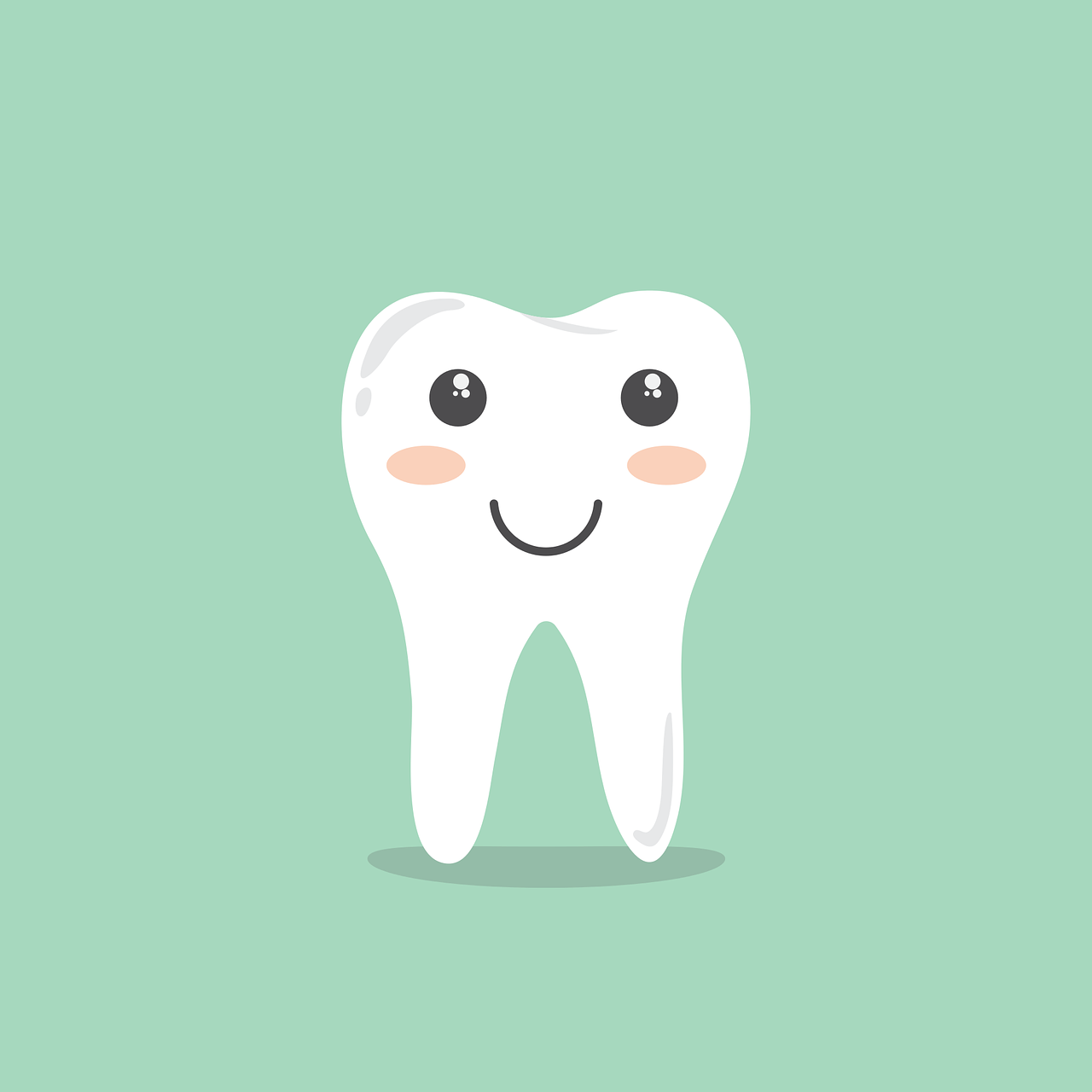A highly-trained and experienced Oral and Maxillofacial surgeon, Dr. Steven Paul MD, DDS, has over 20 years of experience in the dental industry and is an acknowledged expert in surgically correcting oral deformities and the facial structures around the oral cavity such as the jaw, head, and neck.
Dr. Steven Paul also provides treatment for TMJ disorders, dental implants, sleep apnea, jaw defects, oral cancer, tooth/bone loss, and impacted wisdom teeth in his dental practices located in Murrieta and Temecula, CA and Henderson, NV. Dr. Paul is associated with the Mountainview Hospital.
Dental patients need not panic when a dentist mentions “oral surgery.” Many oral surgery procedures are common such as those needed to address tooth loss, impacted wisdom teeth, and sleep apnea, and many of the procedures are carried out on an outpatient basis.
Oral surgery is also not necessarily expensive, painful, or dangerous. Oral surgeons also perform procedures in consultation with general dentists who may be unsure whether surgical treatment is required. However, dental patients should know about the types of dental conditions that may require oral surgery.
Impacted Teeth
Third molars, or wisdom teeth, are the last lot of teeth to develop. Wisdom teeth emerge from the gum line, and the jaw is big enough with room for them. However, often, this is not the case. One or more of the wisdom teeth fail to fully emerge through the gum line or develop in proper alignment and become “impacted” between the gum tissue and jawbone.
If you have impacted wisdom teeth, there’s likely to be pain, swelling, and infection of the gum tissue around the wisdom teeth. Moreover, the impacted third molars can trigger permanent damage to surrounding gums, teeth, and bone. Sometimes, there may also be tumors or formation of cysts, which can destroy parts of the jaw.
Other teeth, apart from wisdom teeth, can also be impacted and require removal. Teeth such as the bicuspids and cuspids can become impacted and lead to exactly the same kinds of dental problems associated with impacted wisdom teeth.
It’s for these reasons that dentists recommend surgical removal of impacted wisdom teeth to dental patients.
Loss Of Tooth
In the event of tooth loss due to an infection or accident, oral surgery is required to place dental implants as an alternative to dentures and bridges. The implants are a tooth root substitute and are surgically anchored in the jawbone and stabilize the artificial teeth to which they are connected.
Dental implants are most suitable for patients who have adequate bone density, are not prone to infection, and motivated to maintain a good oral hygiene routine.
Jaw-Related Issues
Unequal jaw growth
Some dental patients report a failure of proper lower and upper jaws growth. The condition can lead to discomfort in eating, speaking, breathing, and swallowing. Problems such as improper teeth alignment can be treated through braces and other orthodontic appliances. However, serious problems need oral surgery to reposition part or all of the lower or upper jaw, or both to make them more balanced and functional.
Enhance the Fit of Dentures
Oral surgery may be required for first-time denture wearers to correct irregularities of the jaws prior to designing the dentures to make sure they fit. Long-term denture wearers can also benefit from oral surgery as the supporting bone can deteriorate over time and result in dentures that no longer fit. More complicated cases require an oral surgeon adding a bone graft to areas with little bone.
TMJ or Temporomandibular Joint Disorders
The TMJ, a small joint in front of the ear where the lower jaw and skull meet, can dysfunction and become an origin of facial pain and headache. A combination of physical therapy, oral medications, and splints may be sufficient to treat TMJ disorders in most patients. But for advanced cases, joint surgery after proper diagnosis of a specific problem is required.
Other Conditions That Require Oral Surgery
Repair of Facial Injury
Oral surgery is frequently used to repair broken facial bones and fractured jaws.
Removal of Lesion and Biopsy
An oral surgeon can take a small sample of tissue or abnormal growth and send it for laboratory analysis and identification. Some lesions are surgically removed, and others can be managed medically.
Cleft Palate And Cleft Lip Repair
During fetal development, cleft palate and cleft lip can result when portions or the entire nasal and mouth cavity do not grow together. As a result, an opening or split in the roof of the mouth or a gap in the lip may occur. Your oral surgeon will correct these issues through a series of surgical procedures and treatments over several years.
Facial Infections
Swelling and pain in the neck, face, or jaws may be an indication of an infection. If infections in these areas are not treated promptly and effectively, they can sometimes result in life-threatening emergencies. An oral surgeon assists in diagnosing and treating facial infections. If needed, surgical treatment may require cutting into and draining the infected area, and extracting any involved teeth.
Sleep Apnea/Snoring
While treating sleep apnea or snoring, when conservative non-surgical methods such as dental splint appliance and positive pressure air machines fail, oral surgery is tried. The surgical procedure involves the removal of the soft tissues of the oropharynx (the back portion of the mouth) or the lower jaw. The latest alternative is laser treatment.
